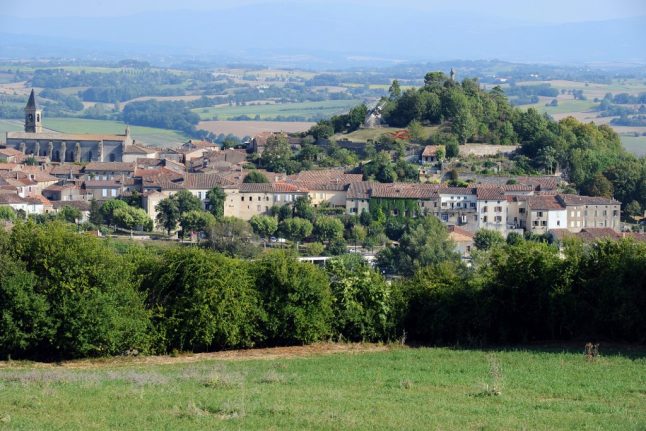From driving laws to local customs, take our test to see if you're cut out for life in the French countryside.
Test yourself: How well are you geared up for life in rural France?
What should you do if you see this sign?
What should I do if I see this sign?
When should I do my shopping?
If I see this sign at a restaurant or café what does it mean?
Other than a popular Netflix series, what is meant by a zone blanche?
What does this sign give directions to?
Why do you really, really not want to see one of these?
How likely is it that one of these lives in your département?
What does this mean?
How often do I need to visit the mairie?
What's special about Sundays in rural France?
What crop is being grown here?
What is the law around noisy farm birds?
What does this sign mean?
How many of France's 15,000 level crossings have barriers?
Which French literary hero is celebrated in this statue in the Dordogne?
City dweller
It seems like you're more at home within the big city – but that just means you need more rural mini breaks to perfect your countryside knowledge
Getting there
You're pretty good at this rural lifestyle, just a couple more things to learn then you'll be a fully fledged local yokel
Country bumpkin
Congratulations! You're a fully fledged local, completely at home with the sometimes complex business of rural life
Quiz Maker – powered by Riddle



 Please whitelist us to continue reading.
Please whitelist us to continue reading.
Member comments